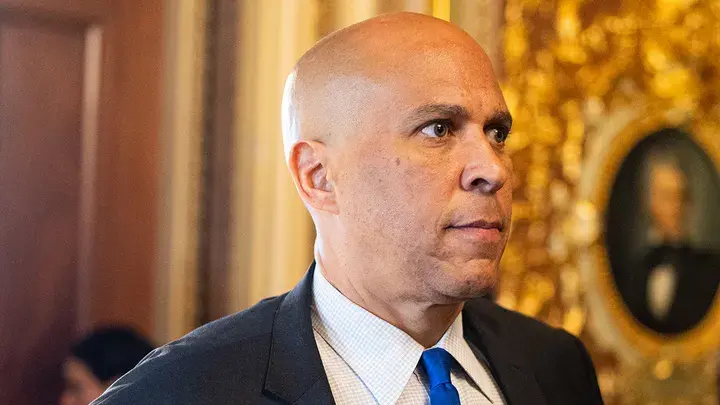U.S. Partisan Divides on Russia, Ukraine, and NATO
- Iruni Kalupahana

- Apr 18, 2025
- 2 min read
Iruni Kalupahana, JadeTimes Staff
I. Kalupahana is a Jadetimes news reporter covering Russia-Ukraine war

American public opinion remains sharply divided by party over the past three years of Russia's invasion of Ukraine, especially when it comes to feelings about Russia, NATO, and the war in Ukraine. The recent Pew Research Center survey, conducted from March 24-30, 2025, among 3,605 U.S. adults, suggests these continued divides.
Changing Republican Perceptions of Russia
Republicans and Republican leaning independents are growing less and less likely to view Russia as an enemy of the United States. Just 40% of Republicans in 2025 view Russia as an enemy down from 58% in 2024. Compared to that, more Republicans increasingly view Russia as a competitor or even an ally. Among Democrats, views have shifted but by little, with 69% still viewing Russia as an enemy, down by just 5 percentage points from last year. In total, half of Americans now characterize Russia as an enemy, a significant drop from 61% in 2024.
Differing Views of U.S. Involvement in Ukraine
Republicans have also become less approving of U.S. intervention in Ukraine, demonstrating decreasing worry over Russia winning the war or broadening its aggression to other nations. Democrats have become increasingly concerned about these possible outcomes. While sharing varying degrees of concern, both groups' majorities still believe the war matters to U.S. interests 66% of Democrats and 47% of Republicans. Similarly, 66% of Democrats say the war matters to them personally, but just 47% of Republicans.
Confidence in Leadership
Ukrainian President Volodymyr Zelenskyy's approval is politically polarized. While 70% of Democrats trust him to do the right thing in foreign affairs, only 30% of Republicans do. Overall, about half of Americans (49%) trust Zelenskyy.
Attitudes towards Russian President Vladimir Putin are firmly negative. Only 12% of Americans trust Putin, with modest improvement only among Republicans. Democrats still hold him very unfavorably, with 72% reporting that they have zero confidence in him.
NATO favorably, with partisan breakdown
Americans continue to be upbeat in their opinion of NATO, with 66% confirming that the U.S. is benefited by its membership. Republican backing fell modestly, by six points from 2021, but Democratic support remained unchanged. Democrats again were more likely than Republicans to favorably view the alliance.
As the war continues in Ukraine, the American people remain interested but polarized. While Americans still recognize the strategic importance of the war and NATO, political differences still remain regarding how they view Russia, leadership in the world, and the type of role the United States should play.









































Comments